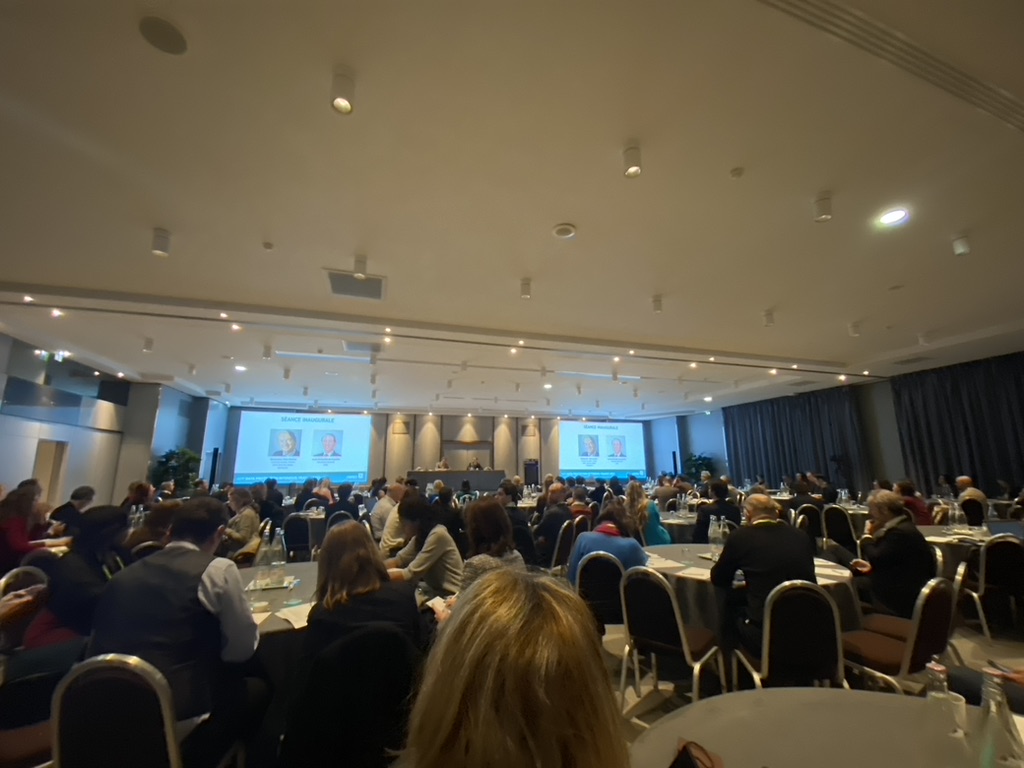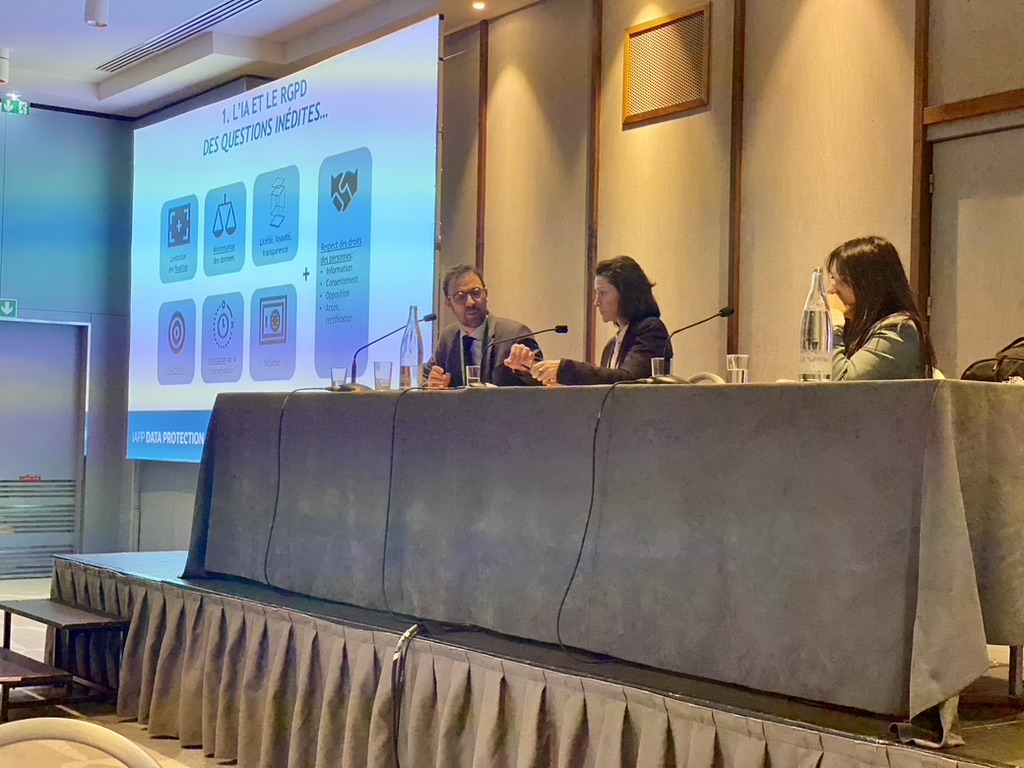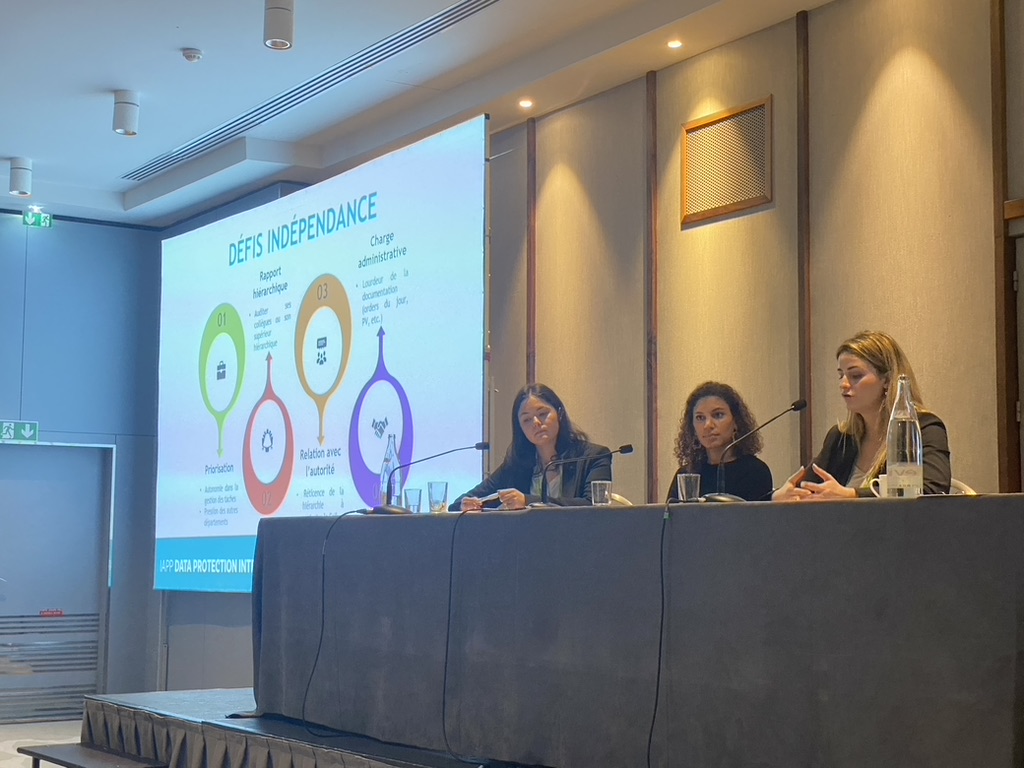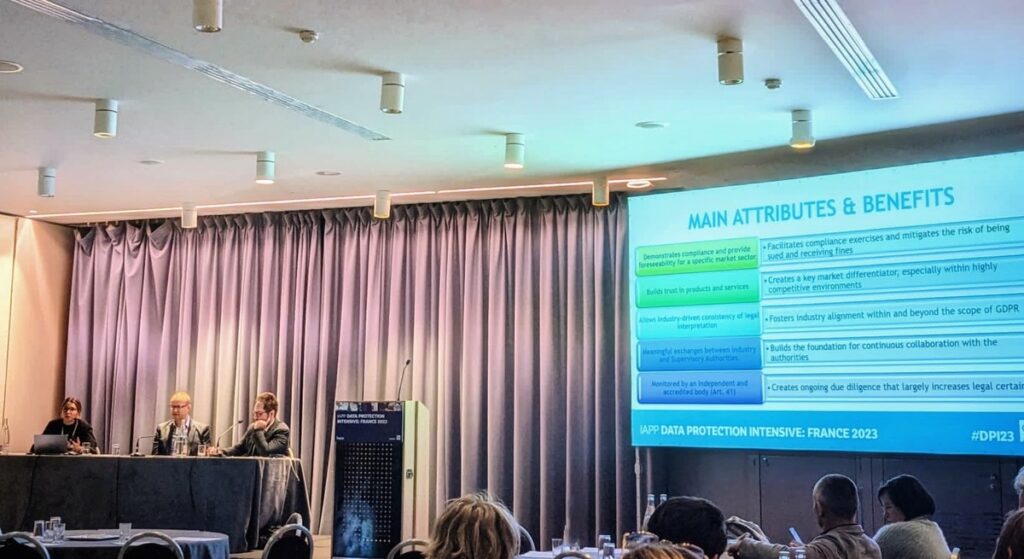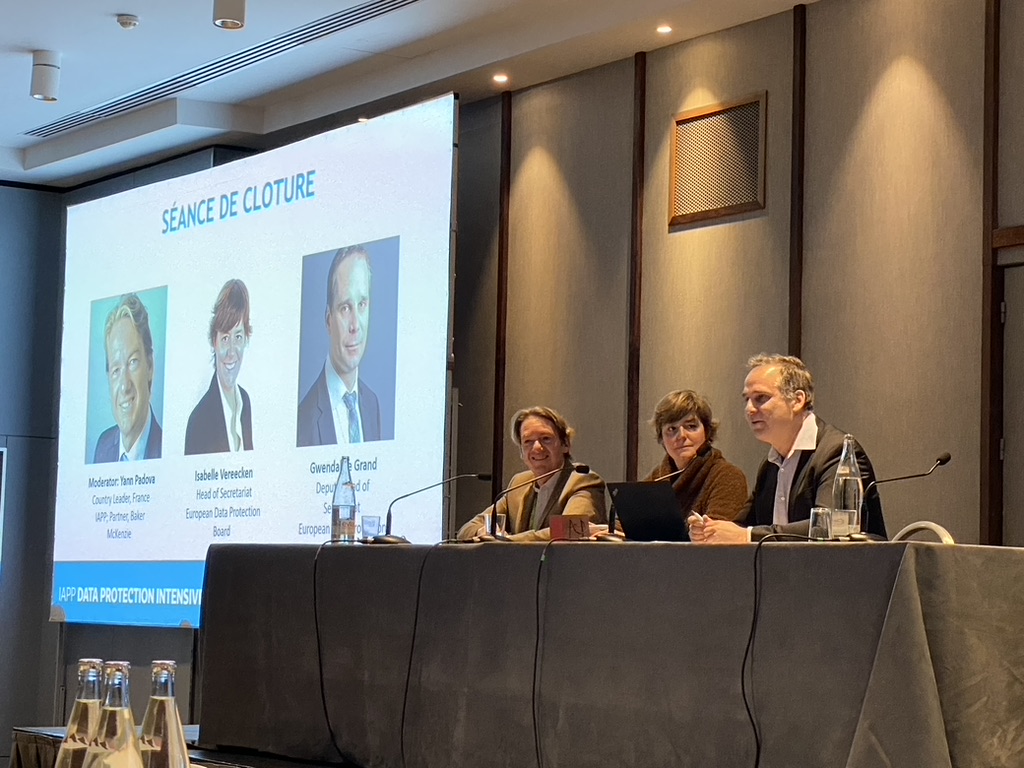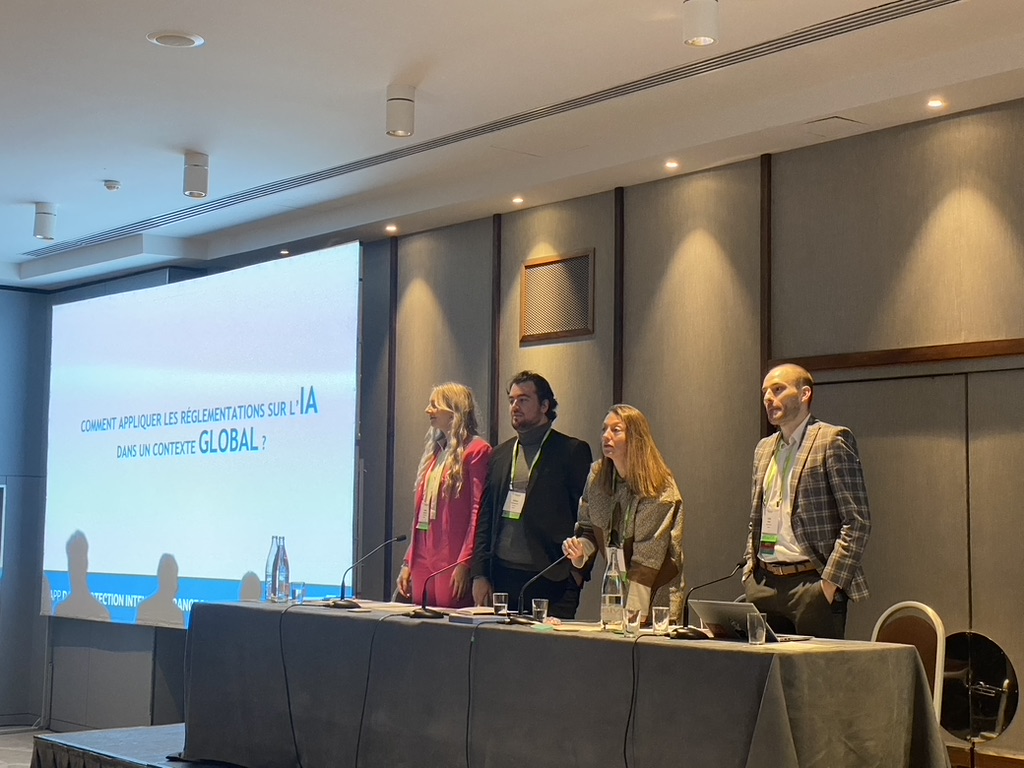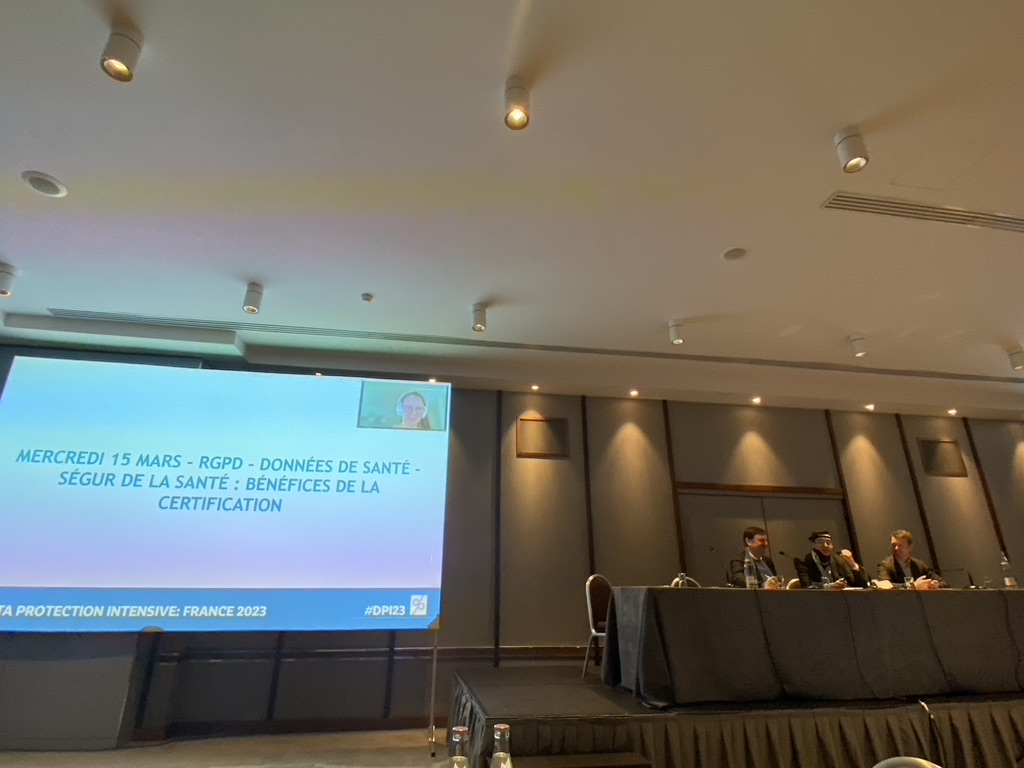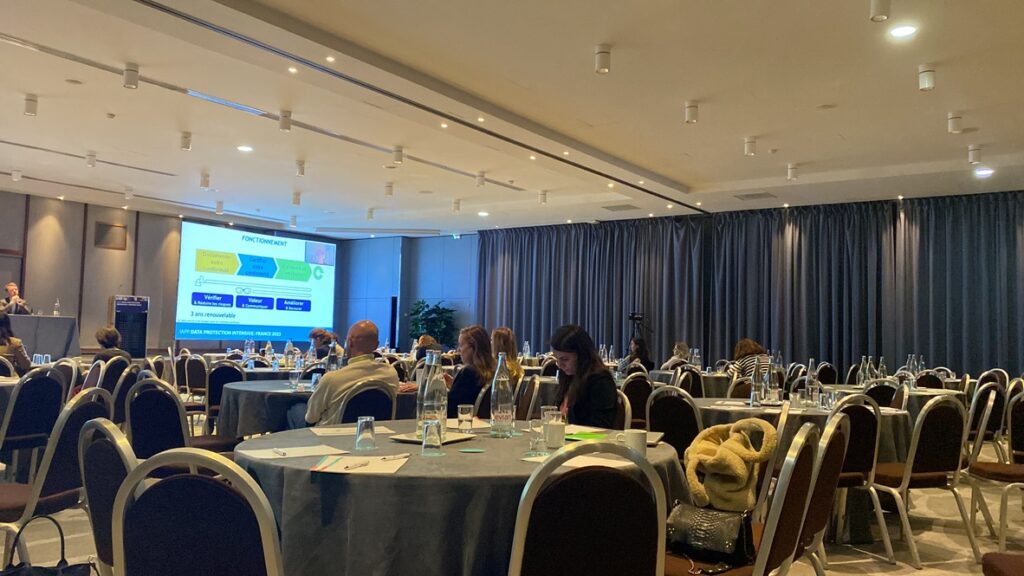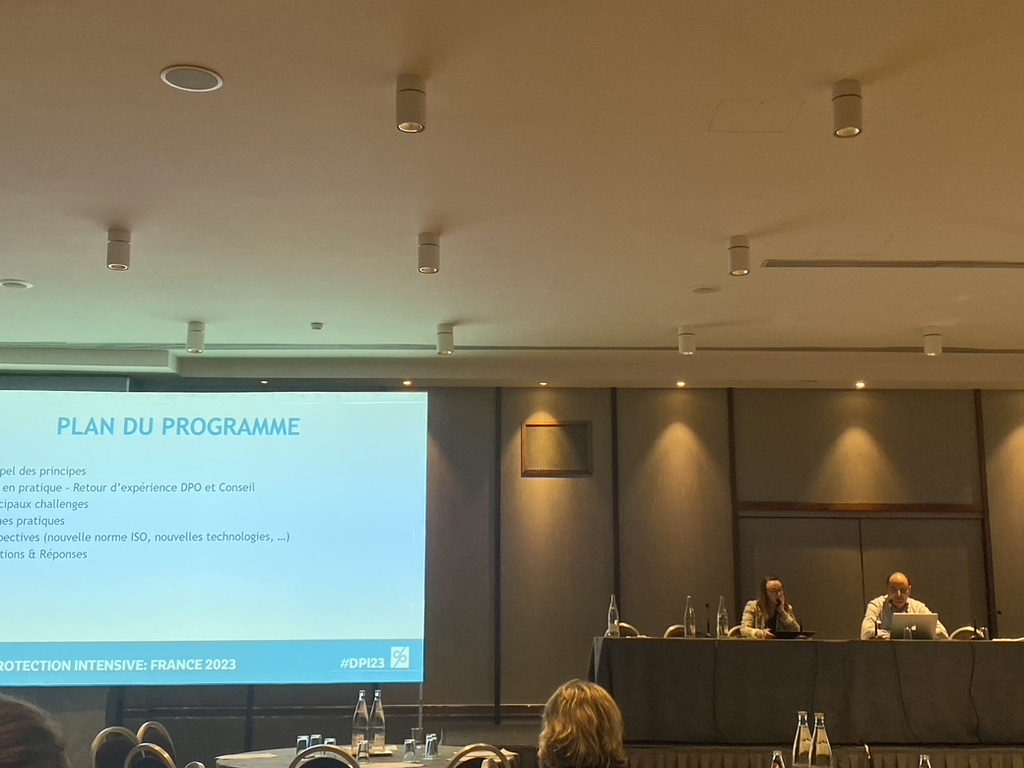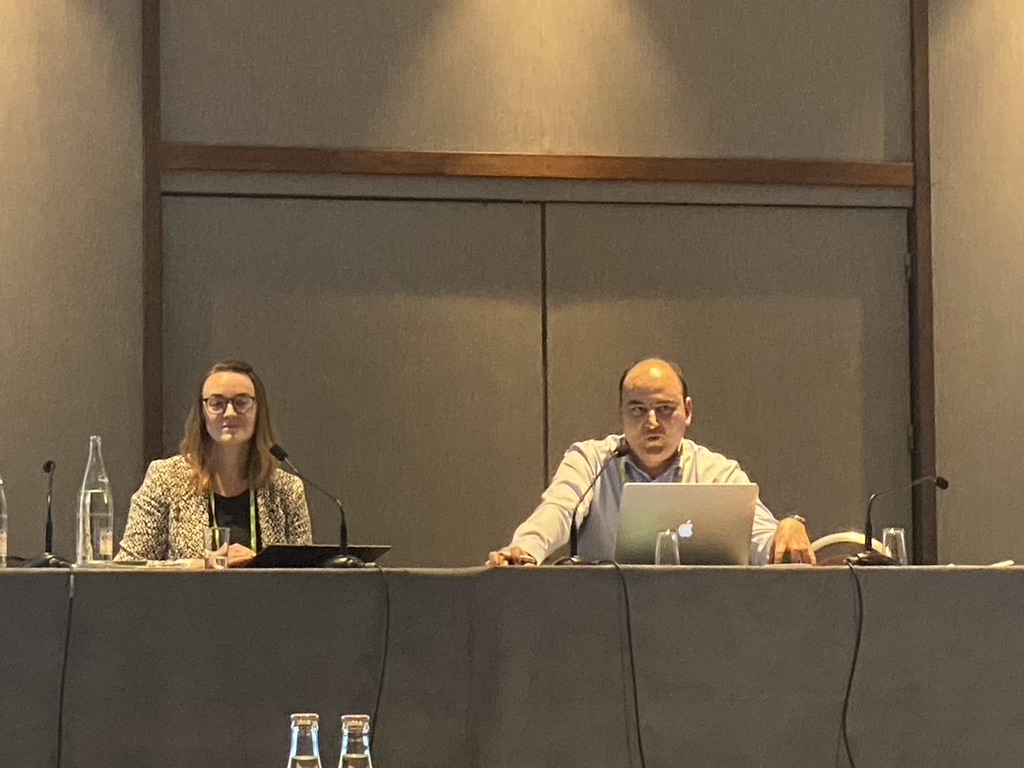Closing in on the fifth anniversary of the entry into force of the EU General Data Protection Regulation (GDPR), the Irish Data Protection Commission (DPC) announced on 22 May 2023 that it had fined Meta for EUR 1,2b (USD 1.3b), the highest GDPR fine levied since 2018.
Further to the DPC decision (Decision), and in addition to the record fine, Meta will need to:
- suspend any future transfers of personal data to the United States within five months from the date of notification of the decision to Meta Ireland;
- ensure the compliance of its data processing operations by ceasing the unlawful processing, including storage, in the United States of personal data of its users in the European Economic Area, transferred without sufficient safeguards, within six months from the date of notification of the DPC’s decision to Meta Ireland.
The core of the grievances relates to a decade-long (and going) crusade initiated by datactivist Maximilien Schrems and its data protection association, None of Your Business (noyb). The crusade started in 2013, with a first step resulting in a resounding cancelation of the Safe Harbor framework, which allowed personal data to be freely transferred from the European Union to the United States, in the 2015 Schrems I case (see our Alert). It was subsequently followed by a same action against Safe Habor’s successor, the Privacy Shield Framework, leading to the same result in the Schrems II case (see our Alerts here, here and here).
(more…)

